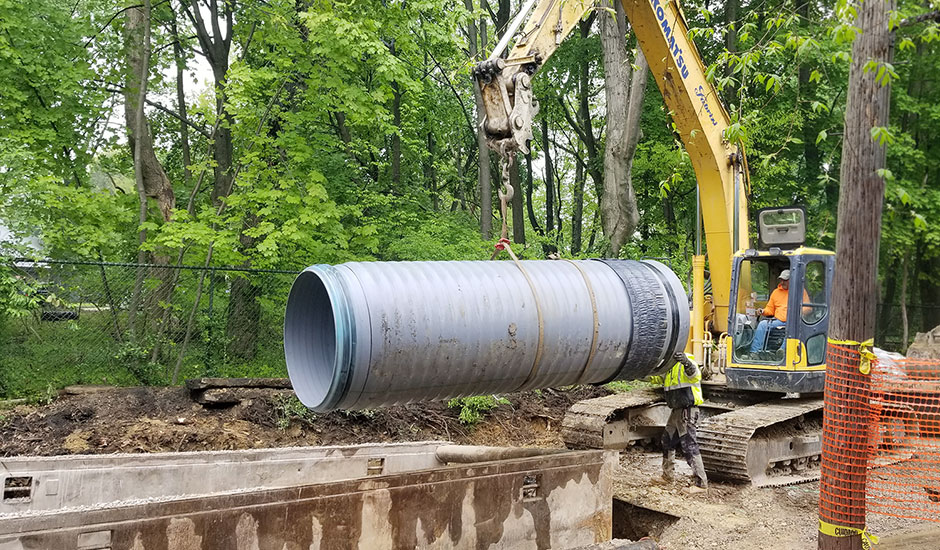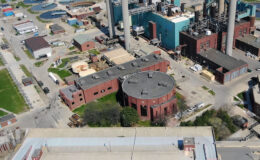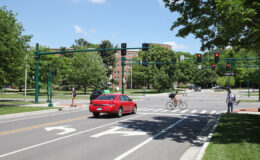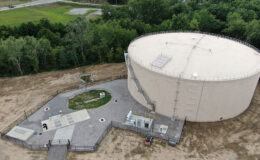Many communities across Northeast Ohio have been struggling to complete costly sanitary sewer improvements to comply with Clean Water Act requirements for decades. Their sewers can range from 50 to 100 years old and contribute to flooding and water quality issues that adversely impact human health and the environment, and risk regulatory enforcement to improve performance. Since 2015, Wade Trim has worked with the City of Cleveland Heights to address US EPA requirements and develop a Partial Consent Decree to inspect and study their system and recommend cost-effective improvements under an integrated planning framework. The Northeast Ohio Regional Sewer District (NEORSD) supports community infrastructure projects by providing annual competitive grant opportunities through its Member Community Infrastructure Program (MCIP). Wade Trim has also been assisting Cleveland Heights with MCIP funding applications resulting in $3.7 million for projects to improve their system and control sanitary sewer overflows (SSOs).
The City’s funding success can be attributed, in part, to identification and development of cost-effective projects that align with NEORSD’s MCIP objectives. The City’s priorities are basement flooding relief, SSO control, critical repairs on failing infrastructure, and removing illicit connections and non-stormwater sources from their storm sewer system. Since these issues are common throughout the region, funding these types of projects demonstrates their benefits and encourages other communities to take on similar projects. In addition, MCIP applications are scored higher when community matching funds are provided. For the most recent funding year application, the City improved their scoring by using American Rescue Plan Act (ARPA) funding to share 50% of the proposed project cost.
Five MCIP projects have been completed or are underway in Cleveland Heights. The Delamere Drive Basement Flooding Relief Project addressed chronic basement and overland flooding by replacing and upsizing sanitary and storm sewers to provide inline storage for larger rain events without increasing downstream flows. The project also included water main relocation, point repair of existing sewer defects in the project area, and installation of cured-in-place pipe lining to improve performance of an existing sanitary sewer. SSO control projects have been designed and are beginning construction in several parts of the City to eliminate SSOs and reduce the risk of basement backups. In addition, a high priority project is underway to repair a partially collapsed sanitary sewer along Cedar Glen Parkway, an arterial roadway that connects the City to a major cultural hub in Cleveland.
Wade Trim continues to work with Cleveland Heights and NEORSD to design and implement cost-effective sanitary sewer infrastructure projects that optimize the benefits of funding available to protect human health and the environment.







